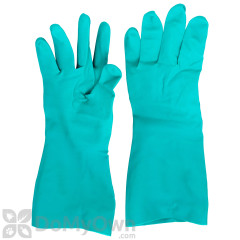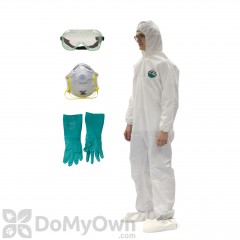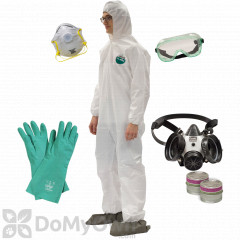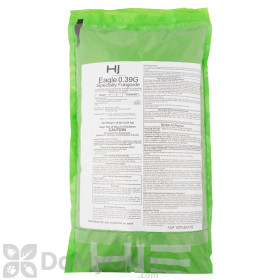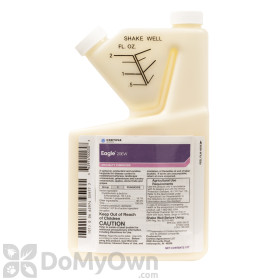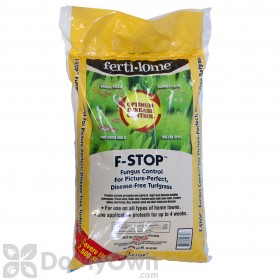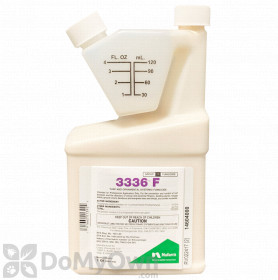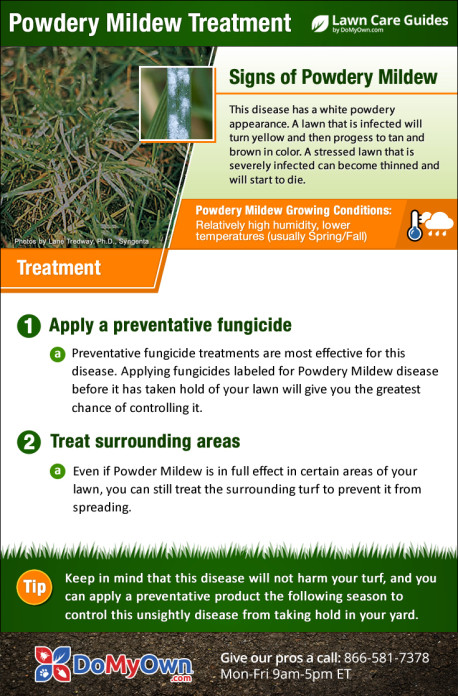The Cure For Powdery Mildew Lawn Disease
Apply A Preventative Application
The best time of the year for this disease to develop is in the spring and fall, when temperatures are moderate and humidity is relatively high. Your local extension office can help you pinpoint the right time of year to treat for powdery mildew in your area.
If you missed the window before disease development, keep in mind that this disease will not harm your turf, and you can apply a preventative product the following season to control this unsightly disease from taking hold in your yard.Products needed for Step 1
Treat Surrounding Areas
Fungicide applications at this point will not cure the existing disease, but will help protect the emerging and unaffected grass, which is important in maintaining an even, green, and pleasing appearance.
